Table of Contents
- Introduction
- Effects on Social Interactions
- Impact on Communication
- Effects on Relationships
- Social Stigma
- Isolation and Alienation
- Link to Mental Health
Introduction
Smoking not only has detrimental effects on physical health but also significantly impacts social health. It can affect relationships, social interactions, communication, and lead to feelings of isolation and stigma.
Effects on Social Interactions
Smoking can limit social interactions as non-smokers may avoid being around smokers due to the smell of smoke or health concerns. This can lead to social exclusion and loneliness.
Smoking can have a significant impact on your social health and interactions with others. Here are some ways in which smoking can affect your social life:
- Offensive smell: Smoking leaves a strong and unpleasant smell on your clothes, breath, and hair, which can be off-putting to others and affect your relationships.
- Health concerns: Secondhand smoke can pose health risks to those around you, leading to discomfort and potential conflict in social situations.
- Isolation: Smoking bans in public places can make it difficult to find social settings where you can smoke, leading to feelings of isolation and exclusion.
- Stigma: Smoking is increasingly stigmatized in society, and smokers may be judged or looked down upon by non-smokers, impacting social interactions.
It's important to consider the social effects of smoking and how it may be affecting your relationships with others. Seeking support to quit smoking can improve not only your physical health but also your social well-being.
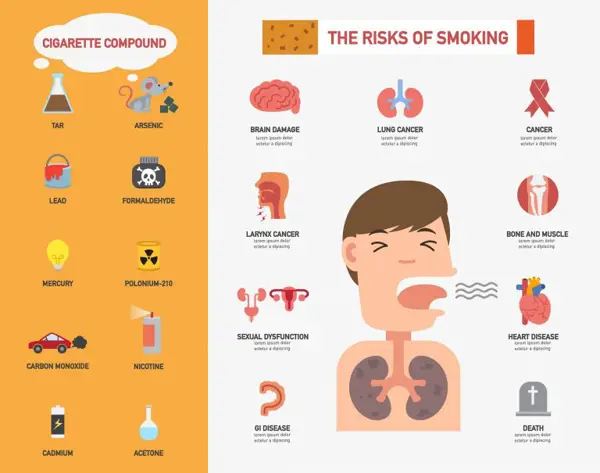
Impact on Communication
Smoking can also impact communication as smokers may struggle to communicate effectively with non-smokers or find it challenging to engage in social situations where smoking is prohibited.
Smoking can have a significant impact on your social health by affecting your communication with others. The smell of smoke can be off-putting to non-smokers, making it more difficult to engage in social interactions. In addition, smoking can lead to health issues such as bad breath and yellowed teeth, which can also impact how others perceive you in social settings. Quitting smoking can improve your social health by eliminating these barriers and allowing for better communication and relationships with others.

Effects on Relationships
Smoking can strain relationships, especially if one partner smokes and the other does not. The habit can create tension and disagreements, leading to conflict within the relationship.
Smoking can have detrimental effects on relationships and social health. Not only can the smell of smoke be off-putting to non-smokers, but smoking can also create distance between friends and loved ones. People who smoke may feel isolated or excluded from social situations, as smoking bans in public places are becoming more common. Additionally, the financial burden of smoking can strain relationships, as the cost of cigarettes adds up over time. Ultimately, smoking can impact your social health by limiting your ability to connect with others and maintain healthy relationships. It's important to consider the effects of smoking on your social well-being and take steps to quit if you want to improve your relationships and overall quality of life.
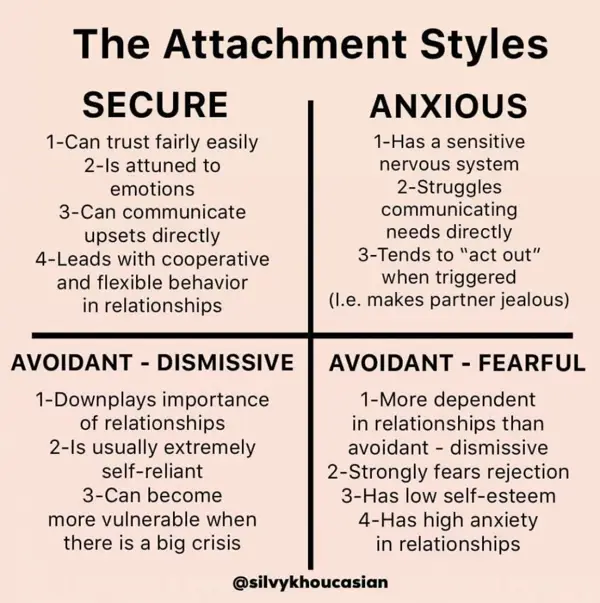
Social Stigma
Smoking is often stigmatized in society, leading to negative perceptions of smokers. This stigma can result in discrimination, prejudice, and isolation from social circles.
Smoking not only impacts your physical health but also your social health. There is a significant social stigma associated with smoking that can affect relationships and interactions with others.
Many people view smoking as a negative behavior that is not only harmful to the individual but also to those around them. This can lead to feelings of judgment, exclusion, and even isolation from friends, family, and coworkers.
Smokers may find themselves excluded from social activities or gatherings where smoking is not allowed, or they may feel self-conscious and judged when smoking in public places. This can result in decreased social connections and support networks, which are important for overall well-being.
Furthermore, smoking can impact how others perceive you, affecting potential job opportunities, romantic relationships, and overall social interactions. The smell of smoke on your clothes and breath can be off-putting to others, and some people may even avoid close contact with smokers because of this.
It's important to be aware of does social tobacco of smoking and how it can affect your relationships and social health. Quitting smoking not only improves your physical health but also can help you build stronger and more positive social connections with others.

Isolation and Alienation
Smoking can cause individuals to feel isolated and alienated from their peers, as smoking may not be socially accepted in certain settings or groups.
Isolation and Alienation in Smoking
Smoking can have detrimental effects on your social health, leading to isolation and alienation from others. When you smoke, you may find that your habit distances you from non-smokers who are put off by the smell and harmful effects of secondhand smoke. This can lead to a decrease in social interactions and connections, as well as feelings of loneliness and exclusion.
Additionally, smoking may also alienate you from friends and family who may be concerned about your health and well-being. They may worry about the impact of your smoking on your overall health and may distance themselves from you in an effort to protect themselves from the harmful effects of secondhand smoke.
Overall, smoking can contribute to feelings of isolation and alienation, as well as negatively impact your social health. It is important to consider these factors and seek support if you are struggling with quitting smoking in order to maintain healthy social relationships.
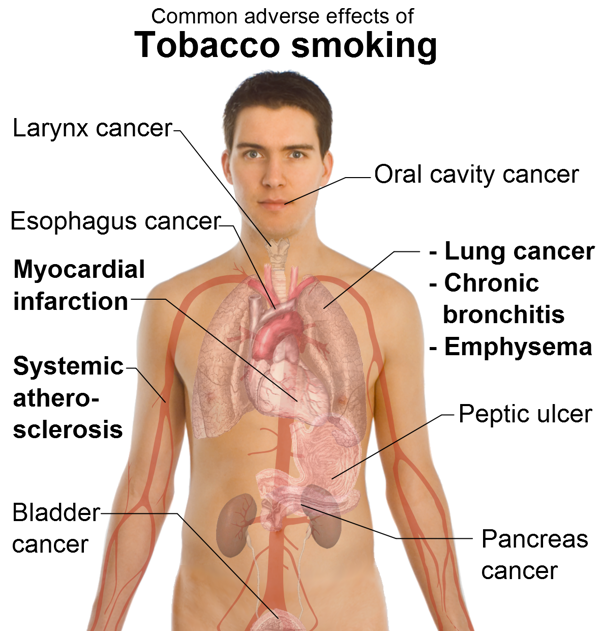
Link to Mental Health
The social consequences of smoking, such as social isolation and stigma, can contribute to mental health issues like depression and anxiety, further impacting social well-being.
Smoking can have a negative impact on your social health. It can lead to isolation, as non-smokers may avoid spending time with you due to the harmful effects of secondhand smoke. Smoking can also cause bad breath and a lingering odor, making social interactions uncomfortable for both you and those around you.
Additionally, smoking can affect your mental health by increasing feelings of stress and anxiety. Nicotine, a highly addictive substance in cigarettes, can alter brain chemistry and contribute to mood swings and irritability.
If you are a smoker, it's important to consider the impact it may have on your social and mental well-being. Quitting smoking can improve your overall health and relationships with others.
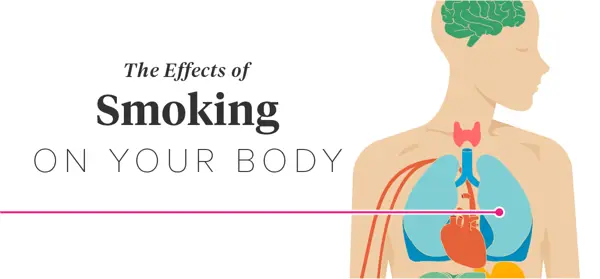
Key Takeaways
- Smoking can negatively affect social interactions and relationships.
- Smoking may lead to feelings of isolation and alienation.
- The social stigma surrounding smoking can impact social health.
FAQ
Q: How can smoking impact communication?
A: Smoking can affect communication as smokers may struggle to connect with non-smokers or navigate social situations where smoking is prohibited.
Q: What is the link between smoking and mental health?
A: The social consequences of smoking, such as isolation and stigma, can contribute to mental health issues like depression and anxiety.
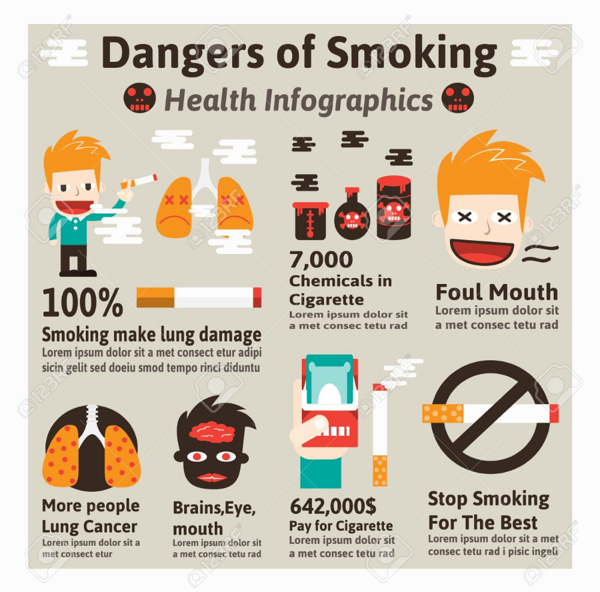


Recent Comments